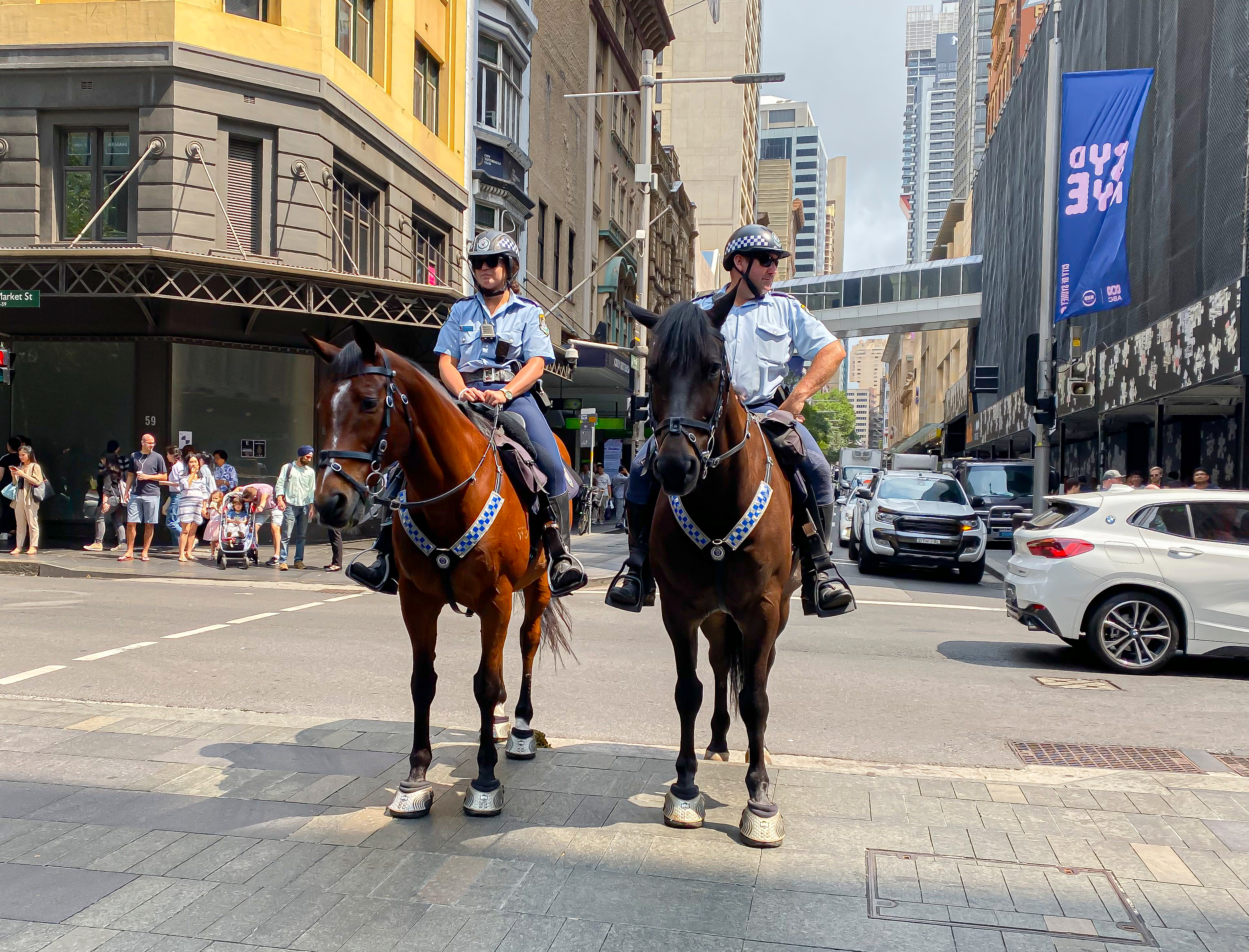Share This Article
By Poppy Morandin & Jimmy Singh
As restrictions ease and the imposition of COVID-19 related fines drops significantly, civil rights advocates such as NSW Greens MP David Shoebridge have heralded this as an opportunity for the wider Australian population to examine the implementation of police powers.
New South Wales Police have been able to issue the public with fines for leaving home without a ‘reasonable excuse’ for over two months now, with variances seen within what is deemed acceptable.
The public health order which created the powers expires at the end of June.
“The NSW Government has introduced what are probably the most wide-ranging police powers since Federation,” says Dr Ben Mostyn, University of Wollongong law lecturer.
Many in the general public were left horrified at the prospect that police were now able to challenge them as they went about their daily lives, as evidenced in media reactions.
However, it is proposed, by advocates such as Sudanese-born lawyer Maker Mayek, that restrictions on freedom of movement have been the reality for many minority groups much before recent measures were introduced.
Mayek explains: “I come from a community where most have had numerous complaints of being mistreated by police, the general feeling is that there is discriminatory treatment of members.
People that were likely going to be pulled over by police and randomly searched…moved on from public places and asked what they were doing, pre-COVID-19, because they don’t look like the mainstream.
All these things have existed beforehand – to put it bluntly it’s people that look like me that suffer more from being moved on by police and police powers being used disproportionately against them.”
According to the NSW Ombudsman, general move-on powers, now contained with Section 197 of the Law Enforcement (Powers and Responsibilities) Act 2002, have been found to disproportionately impact young people, First Nations people and other minorities. They propose that this may be due to directions often being on the basis of an individual’s mere presence rather than behaviour.
Quotas relating to move-on powers and searches are set each year, as revealed in documents obtained earlier this year from the NSW Police Force.
Nicholas Cowdery, president of the NSW Council of Civil Liberties asserts how this can invariably lead to the abuse of such powers as aims become more focused on fulfilling a target rather than having reasonable suspicion.
Thus, whilst issues have historically been present within police discretion, extensions related to enforcing social distancing have seemed to place a microscope under such practices.
David Shoebridge points out that he has never seen a stronger reaction from mainstream media in response to police powers than the scrutiny placed on the recent COVID-19 related measures. He attributed this reaction to “a case of police abuse of their discretion now reaching beyond just their usual suspects.”
“We are seeing with this strict enforcement that police discretion is now spreading into parts of Australia that aren’t used to it, middle and upper-class parts. We are now seeing a few of those instances being highly and visibly reported – where people that middle Australia thinks are the wrong targets for police abuse are now finding themselves facing unreasonable police action.”
While police were widely reported on using move-on powers in areas such as Bondi, Bronte and the Northern Beaches, according to data released by Australian Bureau of Statistics, fine application was concentrated in areas such as Sydney City, Canterbury-Bankstown, Liverpool and Fairfield.
“We see a general pattern that Western and South Western Sydney seem to be the focus of more fines and that’s consistent with what we’ve seen in other police powers including search powers, use of drug dogs – there’s a definite socio-economic bias against those people with less in society.
I’m hopeful that as more of the community see the reality of police discretion, unchallenged police discretion, that we will see a building campaign for greater police accountability.” says Shoebridge.
Now, where police form a reasonable suspicion that a person is breaching a public health order relating to the COVID-19 pandemic, the officer can arrest that person and take that person to his/her home, or other place of residence according to section 71A Public Health Act 2010 (NSW).
What is a reasonable suspicion? This is answered by the famous case of R v Rondo [2001] NSWCCA 540, which basically says that it involves less than a belief but more than a mere possibility. Although, there has to be some factual basis for the suspicion.
Have a question? Call our criminal lawyers who’re Sydney based for a consultation today.









